Description
Common specifications:
Plain tubes come in different sizes and shapes, ranging from 0.5 ml to 50 ml. The tubes can be conical or cylindrical, and they can be graduated or non-graduated. The tubes can be made with or without a cap, and they can be autoclavable or disposable.
Applications:
Plain tubes are widely used in laboratory settings for various applications, including sample storage, centrifugation, and chemical reactions. These tubes can also be used for blood collection, serum separation, and urine analysis. In addition, plain tubes are suitable for molecular biology applications, such as DNA and RNA extraction.
Advantages:
Versatility: Plain tubes can be used for various applications in the laboratory.
Convenience: Plain tubes are easy to use and can be transported easily.
Durability: These tubes are made of sturdy materials and can withstand harsh laboratory conditions.
Cost-effective: Plain tubes are affordable and can be purchased in bulk.
Safe: These tubes are designed to prevent leaks and contamination, ensuring sample integrity.
Conclusion:
Plain tubes are an essential tool for laboratory settings, providing a safe and efficient way to store and transport samples. With their various specifications and applications, these tubes are a versatile and cost-effective option for laboratories of all types.
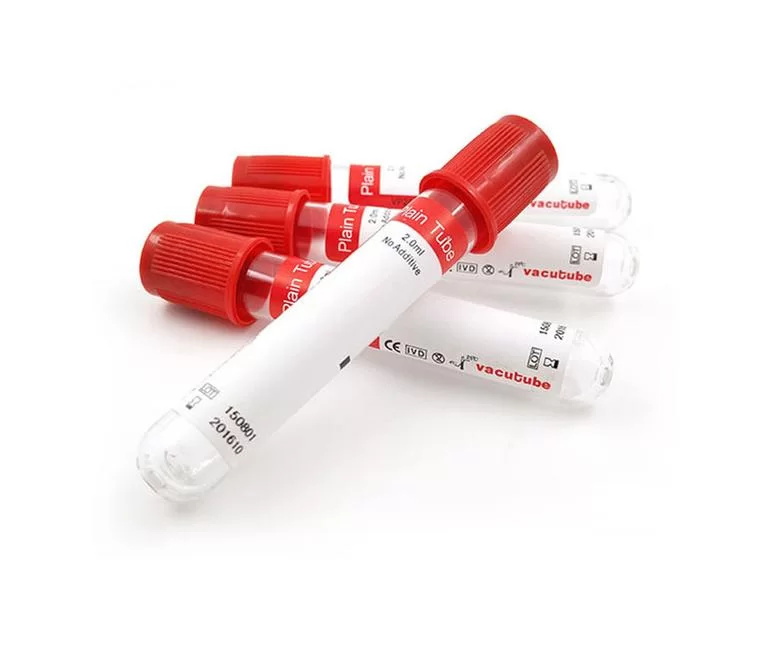

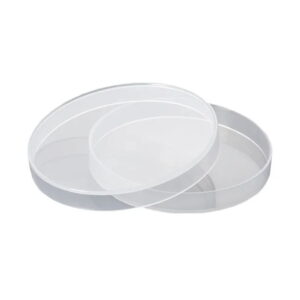
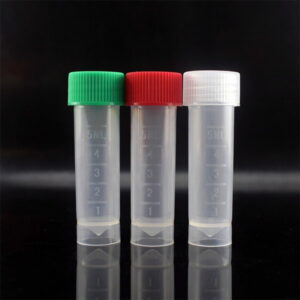
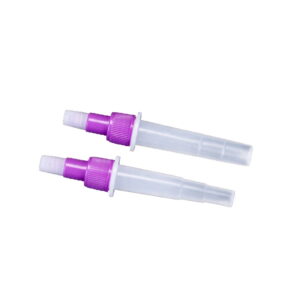
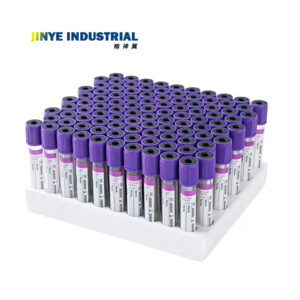


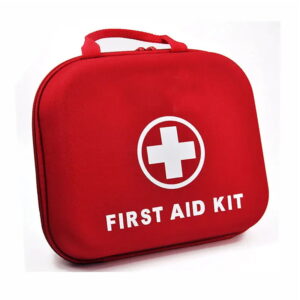


Reviews
There are no reviews yet.